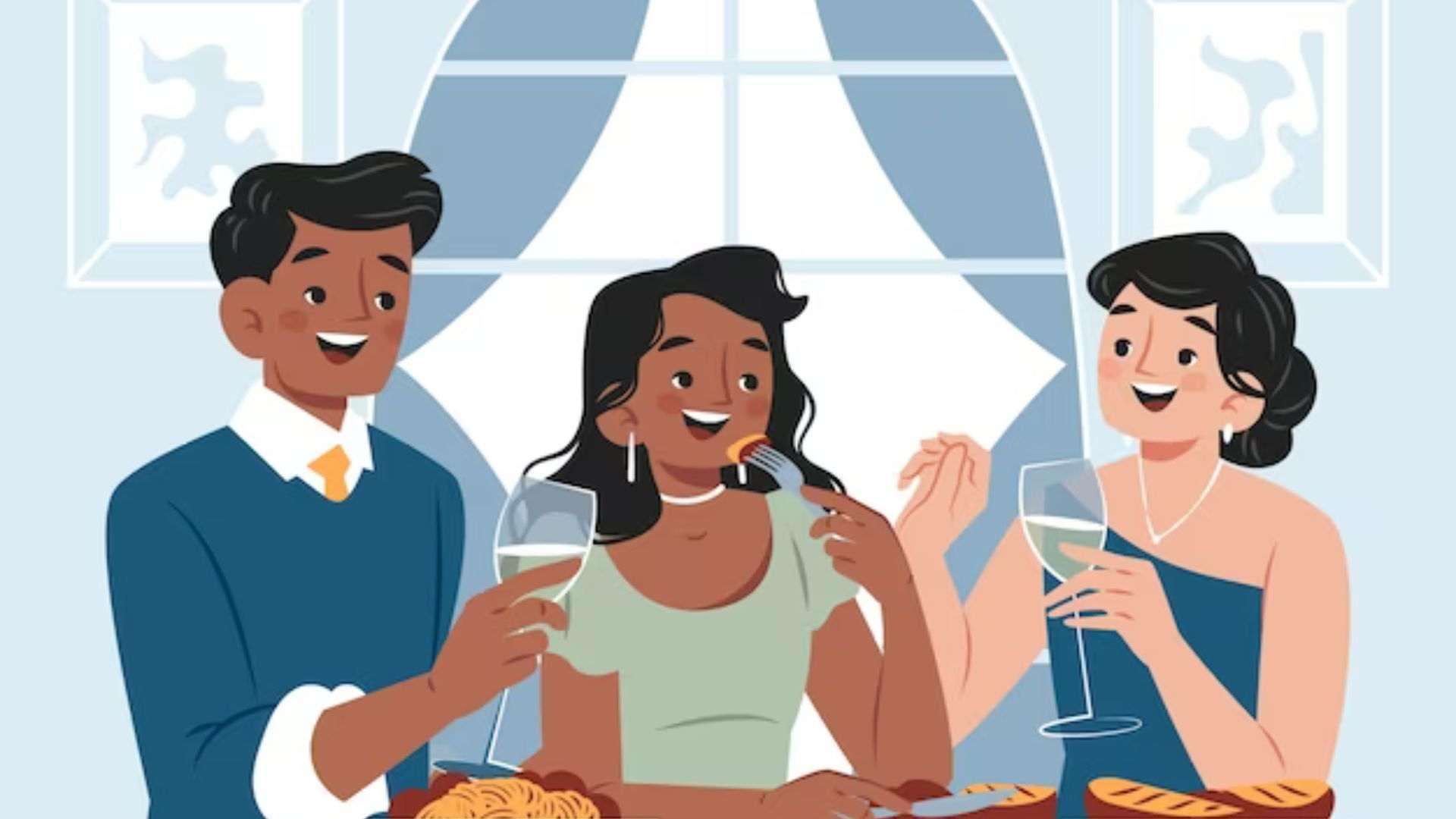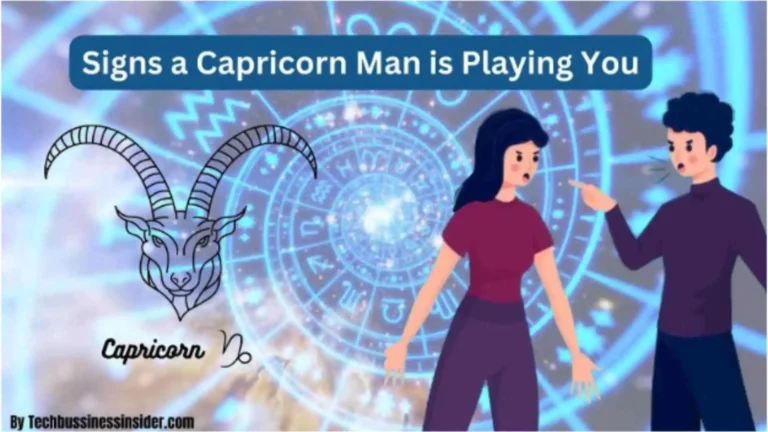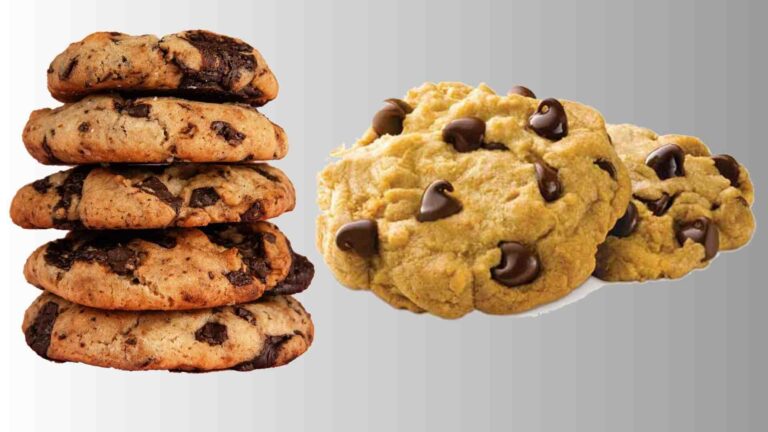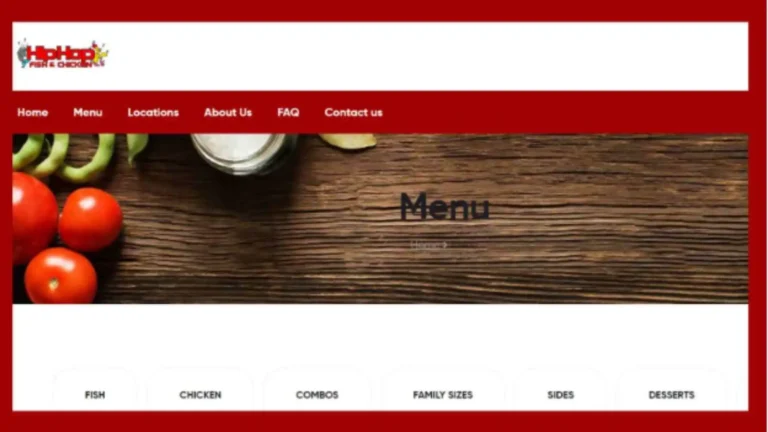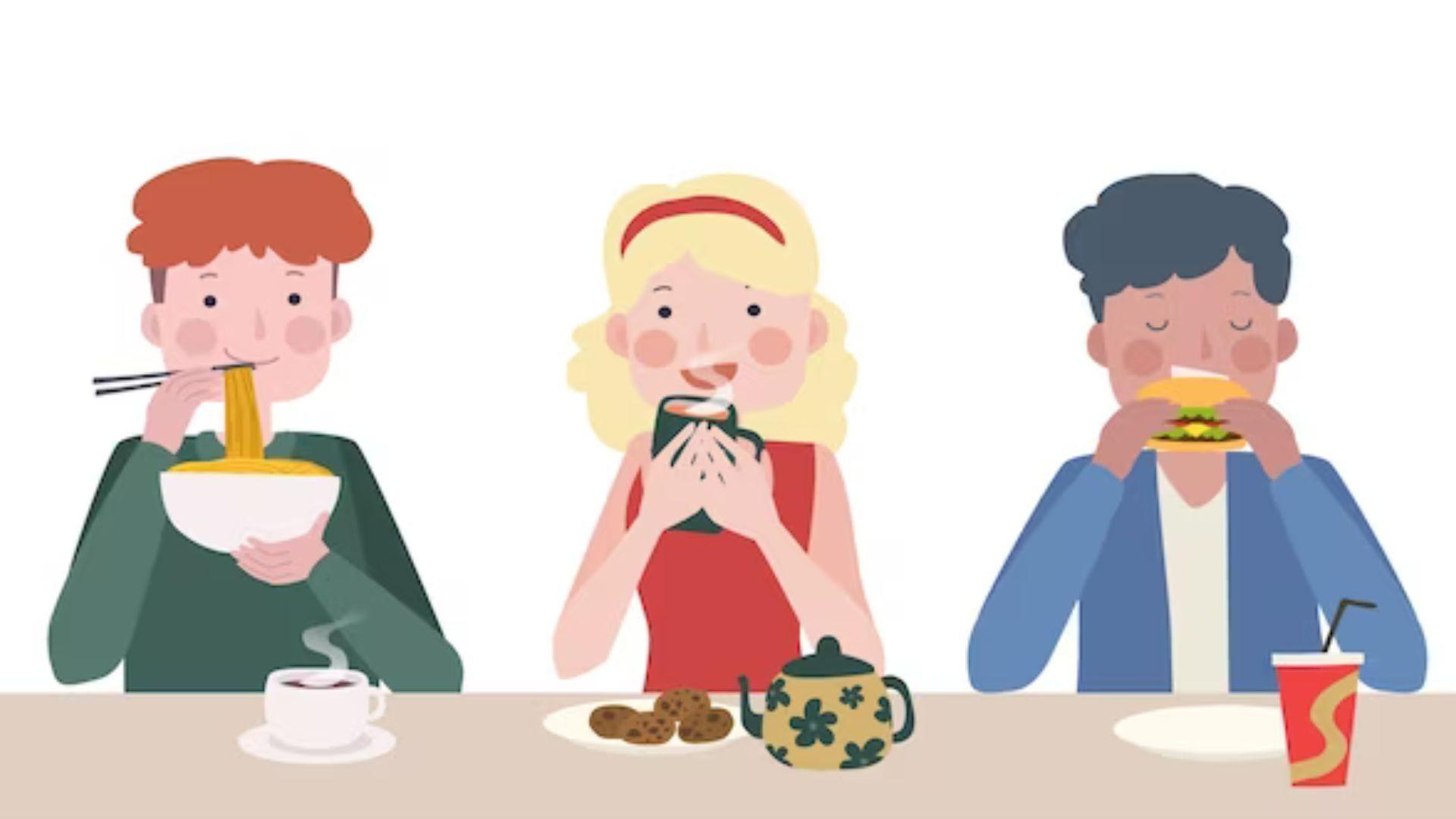
Have you ever found yourself that because of your chewing sound at the dinner table, you are drawing a lot of unwanted attention? However, this chewing sound comes because of Dental and Jaw Structure, Eating Habits, Dry Mouth, Acoustic resonance, etc. Well, a lot of people experience that someone consistently produces chewing sounds loudly that become discomfort to others and embarrassment for them.
Moreover, many people don’t like the chewing sounds when someone eats. You might also wonder why do I chew so loud while eating. In this article, we will explore the reason behind your chewing sound and also provide you with some potential solutions and insights that will surely help you deal with this issue.
Why Do Some People Chew So Loud While eating?
Some people literally get mad after hearing the chewing sounds of others when they are eating. Here we will tell the reason and phenomenon behind it.
Dental and Jaw Structure:
The Dental and Jaw Structure of your mouth is also a primary reason behind your chewing sound. However, the irregularities between your tooth alignment also become a reason for producing chewing sounds.
Moreover, the misaligned jaws can also create more space between your lower and upper teeth allowing air to enter in your mouth. Along with all of these problems bites and overbites can also result in louder chewing noises.
Acoustic Resonance:
Some dry, hard, or crunchy food such as pretzels, chips, and crackers also produce a chewing sound because of its natural tendency. The acoustic resonance of this food becomes the reason for its chewing noises and people wonder why do I chew so loud while eating crunchy foods.
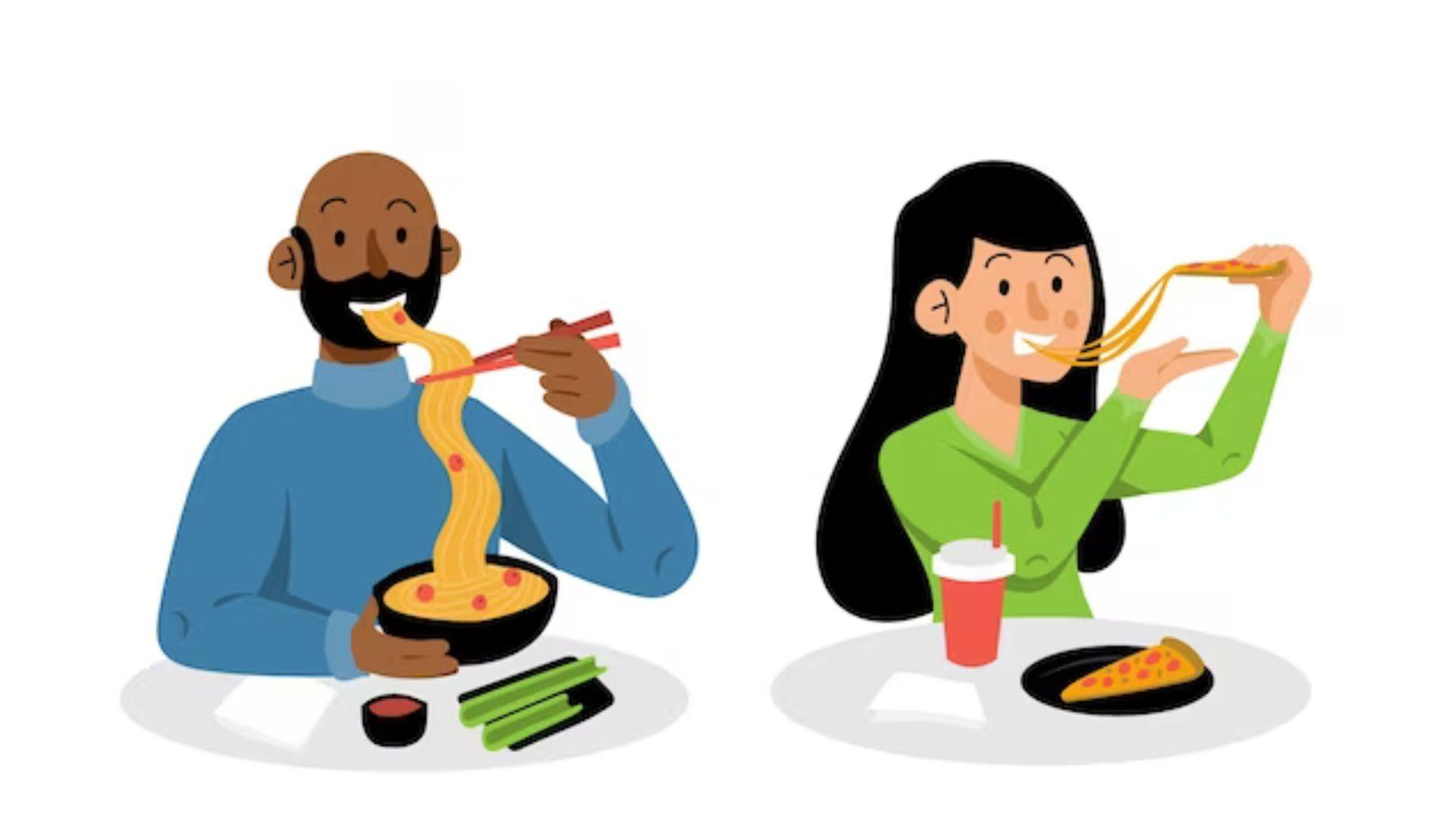
Eating Habits:
To reduce your chewing sounds, you first need to change your eating habits. The way you eat can also become a reason for your chewing sounds. These eating habits include taking large bites, eating quickly, and chewing with your open mouth.
However, chewing aggressively or too forcefully can make a chewing sound worse. Moreover, if you wonder why do I chew so laud then to avoid this situation, start taking small bites, slowing down the eating process, and chewing the food with your closed mouth.
Dry Mouth:
Dry Mouth is a condition caused by lack of saliva production. When you start taking a lot of water continuously, then more saliva is produced. During the natural lubricant, your saliva serves as a natural lubricant that helps to reduce the chewing sound and muffle the sound.
On the other hand, if your mouth is still dry and you have less saliva or lubrication in your mouth. Then, it results and produces a louder chewing sound. This can also become more pronounced and cause friction between food and teeth.
Misophonia:
Some people have more hearing sound sensitivity than others. they can hear chewing sounds more loudly than other individuals. The hearing sensitivity of these people can make the normal chewing sound more loudly to those individuals. Moreover, it causes distress and disturbance while eating at a dinner table.
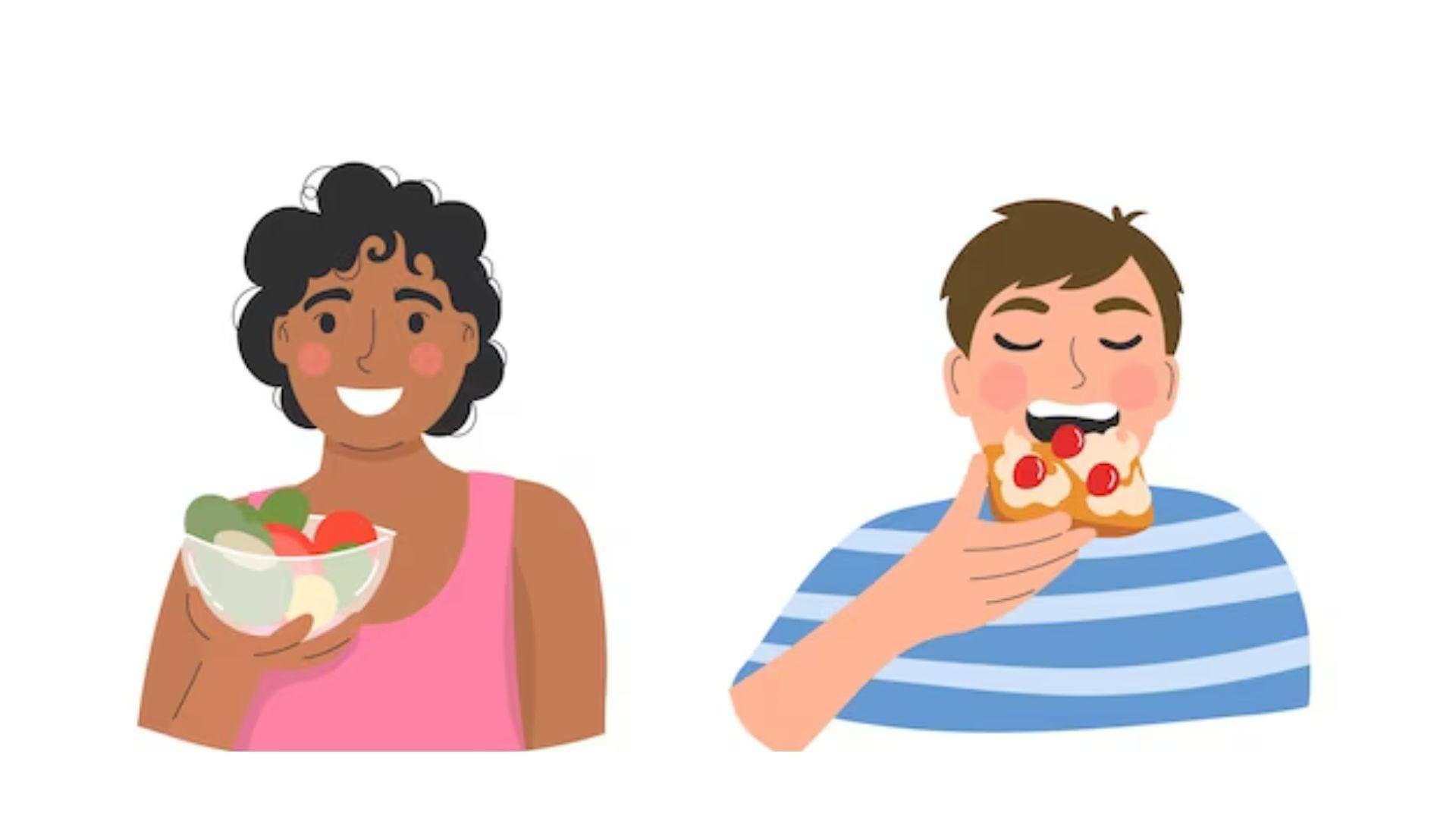
What are the solutions to minimize the chewing sounds?
To minimize your chewing sounds, you need to follow some solutions that help you to reduce your loud chewing sounds and you won’t wonder anymore why do I chew so loud after knowing these solutions.
Appointment with Dentist:
As we discuss the loud chewing sound is also caused because of your jaw or dental structure. This is the most common and leading reason for producing chewing sounds. Visit a professional dentist and talk to them about your problem.
A skilled or professional dentist can recommend a potential treatment and oral health to address these problems. These potential treatments include retainers and braces. After doing these treatments, you can deal with your chewing sound.
Change your Eating habits:
Modify or change your eating style and habits. Start taking smaller bits, eat slowly, and chew with your mouth. Some people eat the food in a very bad style like eating big bites, leaving food on their plates, and licking their fingers after eating while producing loud sounds. You have to eat food and lick your fingers with proper manners and good behavior.
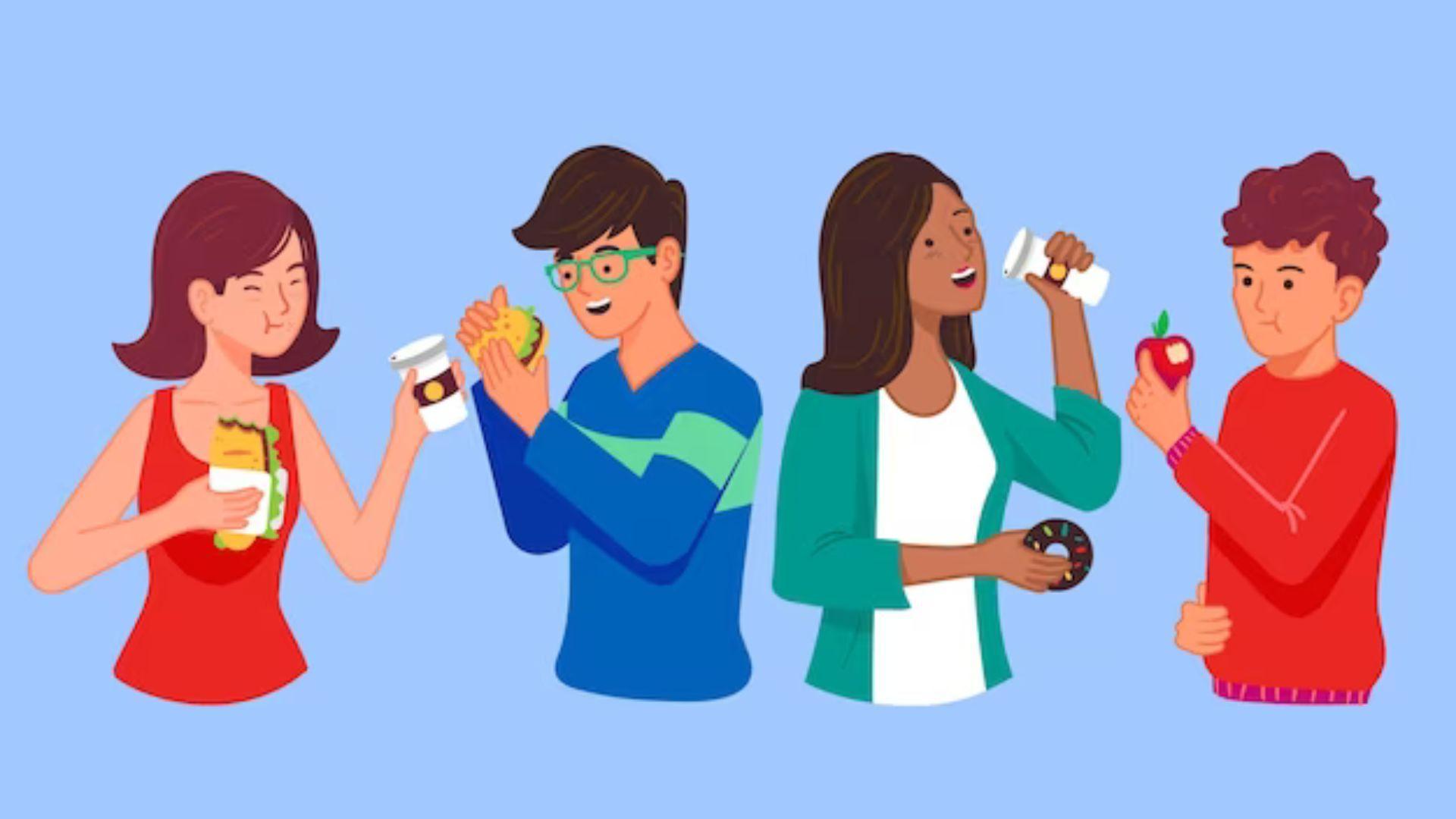
Stay Hydrated:
Stay hydrated and drink more water throughout the day to combat your dry mouth. Drinking water while having your meal can help maintain the noise of chewing, reduce friction, and maintain adequate saliva production.
Eat Softer Food:
If you are in a public place, surrounded by so many people and you don’t want to disturb or feel embarrassed with your chewing sound. Then, eat moist, soft, and less crunchy foods. These types of food produce less and quieter chew sound. The regular use of these foods also minimizes the chewing problem.
Seek help from Professionals:
some people have a high hearing sensitivity and they hear even a less chew sound and get irritated. These types of people suffer from misophonia and need to have an appointment with a mental health professional. On the other hand, if you do all of these solutions and still you have a problem, why do I chew so loud while eating? Then, you need to consult with a dentist.
Last Opinion:
People feel embraced while eating when they are in a public place or at a dining table because of their chewing sound. They think that is why do I chew so loud while eating. To minimize these sounds, you have to deal with your Eating Habits, Dry Mouth, Dental or Jaw Structure, Acoustic Resonance, and Misophonia. Some individuals experience a lot of problems with chewing sounds when they eat food.
